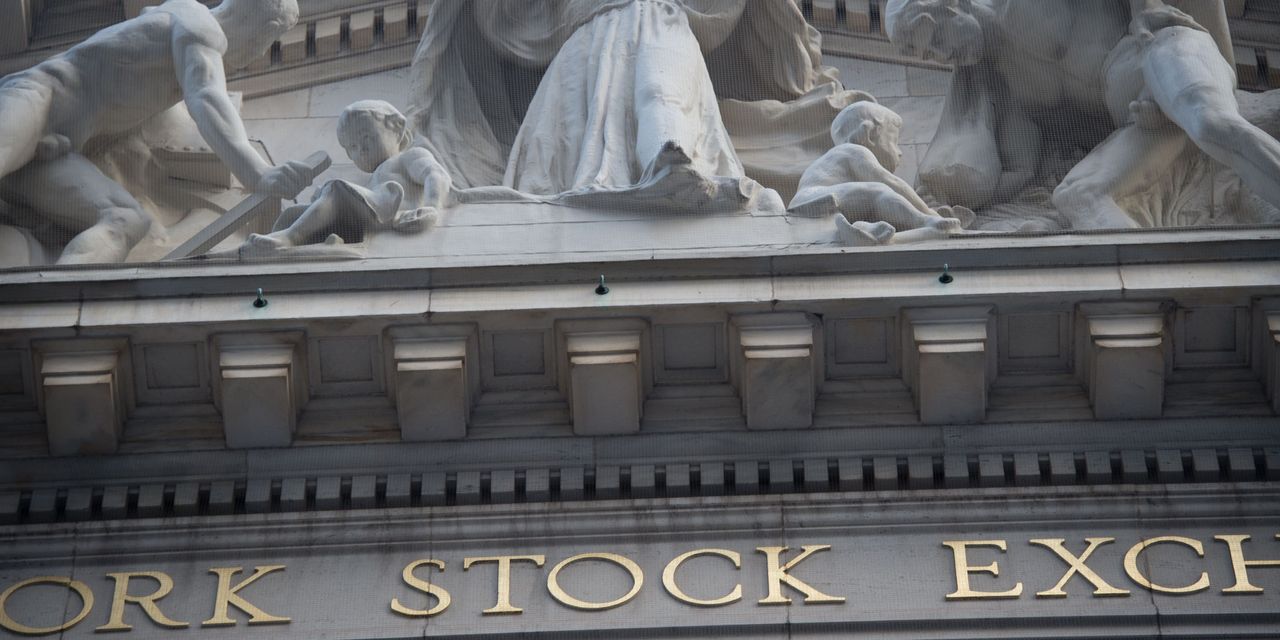U.S. stocks probably can’t resume their rally from the lows of last October until the recent sharp rise in longer-dated Treasury yields reverses, according to Robert Sluymer, technical strategist at RBC Wealth Management.
He pointed to the 10-year Treasury yield’s
BX:TMUBMUSD10Y
recent push above a critical 4.3% level to 4.8% on Tuesday as “prematurely” cutting off an 11-month upswing for stocks that began in the fourth quarter of 2022.
“Rising interest rates and a rising U.S. dollar
DXY
remain major headwinds for equities that will need to reverse for equities to bottom,” Sluymer wrote, in a Tuesday client note.
“Looking back at the long-term relationship between U.S. stocks and interest
rates, a move above 4.5%-5% by the U.S. 10-year yield has proven to be an important headwind for the secular uptrend for equities.”
Read: Rising Treasury yields are upsetting financial markets. Here’s why.
While the Dow Jones Industrial Average
DJIA
tends to move in secular bull cycles every 17 years, Sluymer also found stocks have come under stress in the past when the 10-year Treasury yield was between 4.5% and 5%.
“Put differently, the equity market is likely to correct should rates push above 5%,” he said. But the 10-year Treasury yield’s uptrend also will need to show meaningful “evidence of a reversal” to support any equity-market bottom.
The Dow on Tuesday skidded 1.3%, posting its worst daily drop since the March banking crisis, cementing its lowest close since late May at 33,002, and erasing its gains for 2023, according to Dow Jones Market Data.
The S&P 500 index
SPX
fell 1.4% to 4,229, its lowest finish since June 1, while the Nasdaq Composite Index
COMP
ended 1.9% lower at 13,059.
Analysts have been flagging the 4,200 level for the S&P 500 as an important test of support. Sluymer said another key support level would be near 4,000. “A break below that level would signal the 2023 cycle rebound is failing,” he said.
Related: Entire U.S. Treasury yield curve moves toward or above 5%, raising risk something may break
A correction in the stock market is commonly considered a retreat of at least 10% for an index from its recent peak, but not more than 20%.
–-William Watts contributed to this article
Read the full article here










Leave a Reply